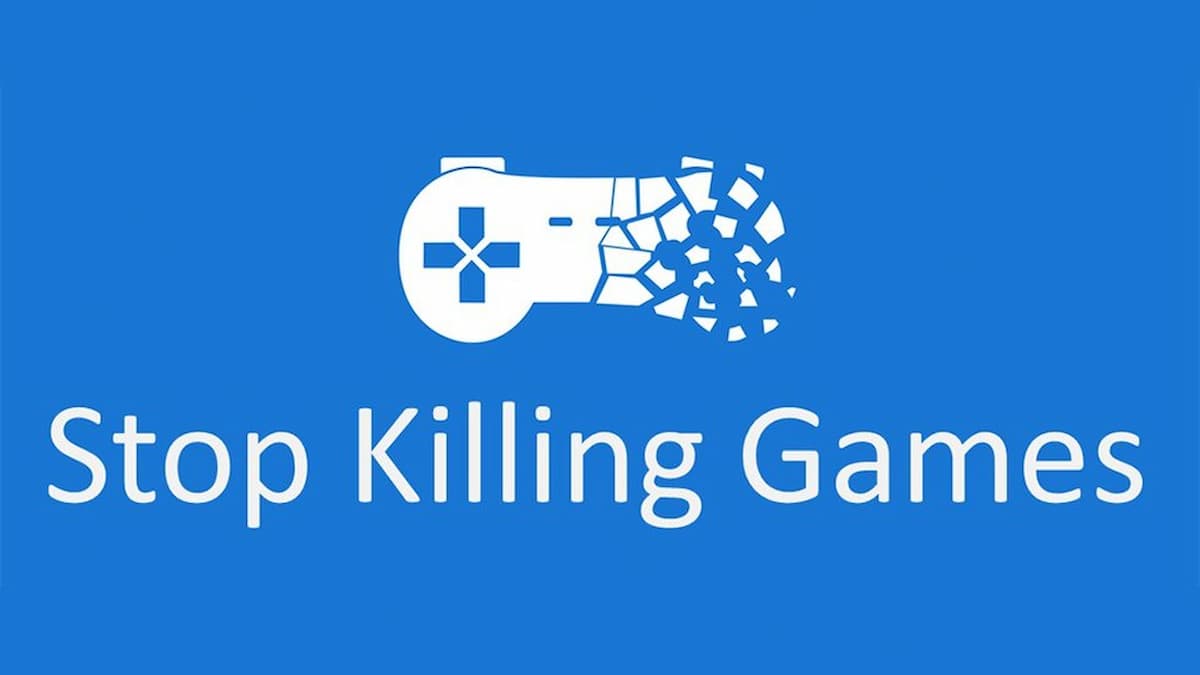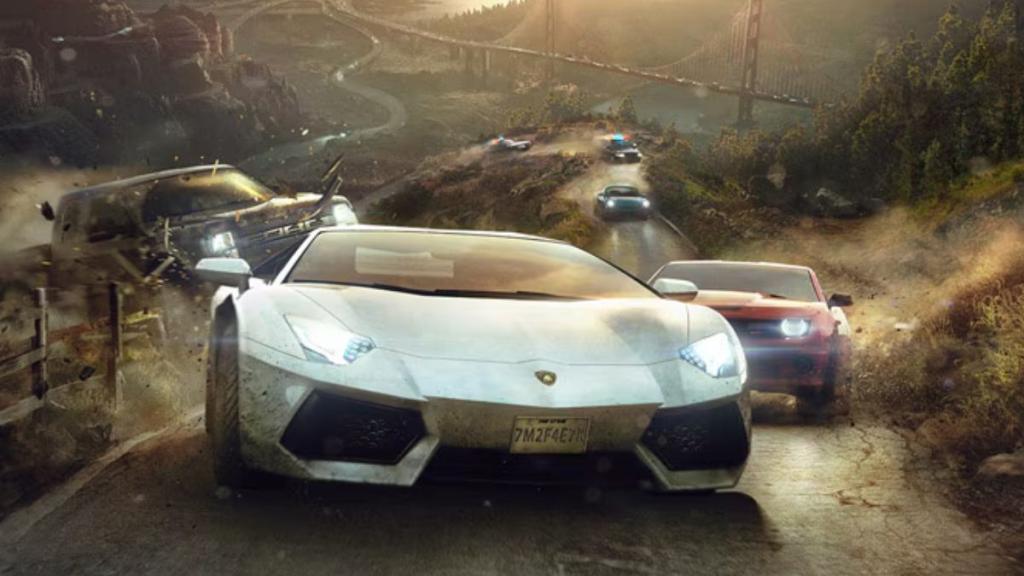
The Stop Killing Games initiative, formed to prevent publishers from making games unplayable, has finally crossed its one-million signature threshold on its associated European Citizens' Initiative. This success came as a result of an industry-wide effort from just about every big-time creator. However, it remains unclear if it will succeed in changing anything.
Started by Ross Scott, also known as Accursed Farms on YouTube (of Freeman's Mind and Ross's Game Dungeon fame), the Stop Killing Games initiative was formed after Ubisoft killed its online-only racing game, The Crew, without offering an offline mode post-mortem.
Those like Scott believe that killing games via server termination is a heavy encroachment on consumer rights, whereby once you purchase a product, you should be able to use it. Even so, Ubisoft and other publishers continue disabling their video games after a certain period (like EA's Anthem, most recently), making them unplayable after servers are taken offline, which is an inevitability for live-service titles, arguing they are selling licenses rather than products, which they can revoke at any time.

And it seems enough people agree with Scott about the state of play, so much so that the initiative has crossed the one-million signature threshold necessary to initiate a process with the European Union, which will be obligated to take it into account once the prerequisites are met. And that's where we come upon the first issues that may or may not spell the doom of this initiative, its noble cause notwithstanding.
First and foremost, the signatures have to be validated. Scott has already expressed worry that too many of the signatures will be made invalid during the audit, which is set to follow the signature campaign itself. He has called on folk to continue signing the petition, as hundreds of thousands of signatures can be invalidated, potentially rendering the initiative moot.
He also added that some were maybe "spoofing" signatures on the initiative, which, since it is not a petition, is a criminal act that can lead to additional troubles.
On the other hand, the government of the United Kingdom said earlier this year that it doesn't have any plans to change existing consumer protection laws to account for video games being taken offline, marking the first instance of a major institution responding to the movement. There is a separate initiative in that country that is gaining ground, but its fate remains unclear.
Additionally, video games have been, for decades, considered not as products but as "licences" that you purchase, i.e., you rent out a game for however long the developer intends for it, and have to face the fact once it goes off the grid. Changing a decades-old fact is quite challenging, especially via government institutions that tend not to even debate initiatives on the floor.
However, Stop Killing Games is a European Citizens' Initiative, meaning that the European Union has to consider it in detail if all the prerequisites are met, which can take over a year.
Scott and his peers now have to collect all the signatures, categorize and organize them, and then pass them on. Several processes with several months of waiting follow, which can add up quite quickly, meaning that we won't know the real outcome of the initiative for a little while.
When all is said and done, it'll move to Parliament, where we can only guess what the EU MPs will decide. If they do move in the favor of consumers, it'll mark one of the biggest redefinitions in gaming history that will fundamentally change how video games are treated as products.
The post Stop Killing Games has crossed its threshold—but can it really make a dent in the AAA industry? appeared first on Destructoid.







